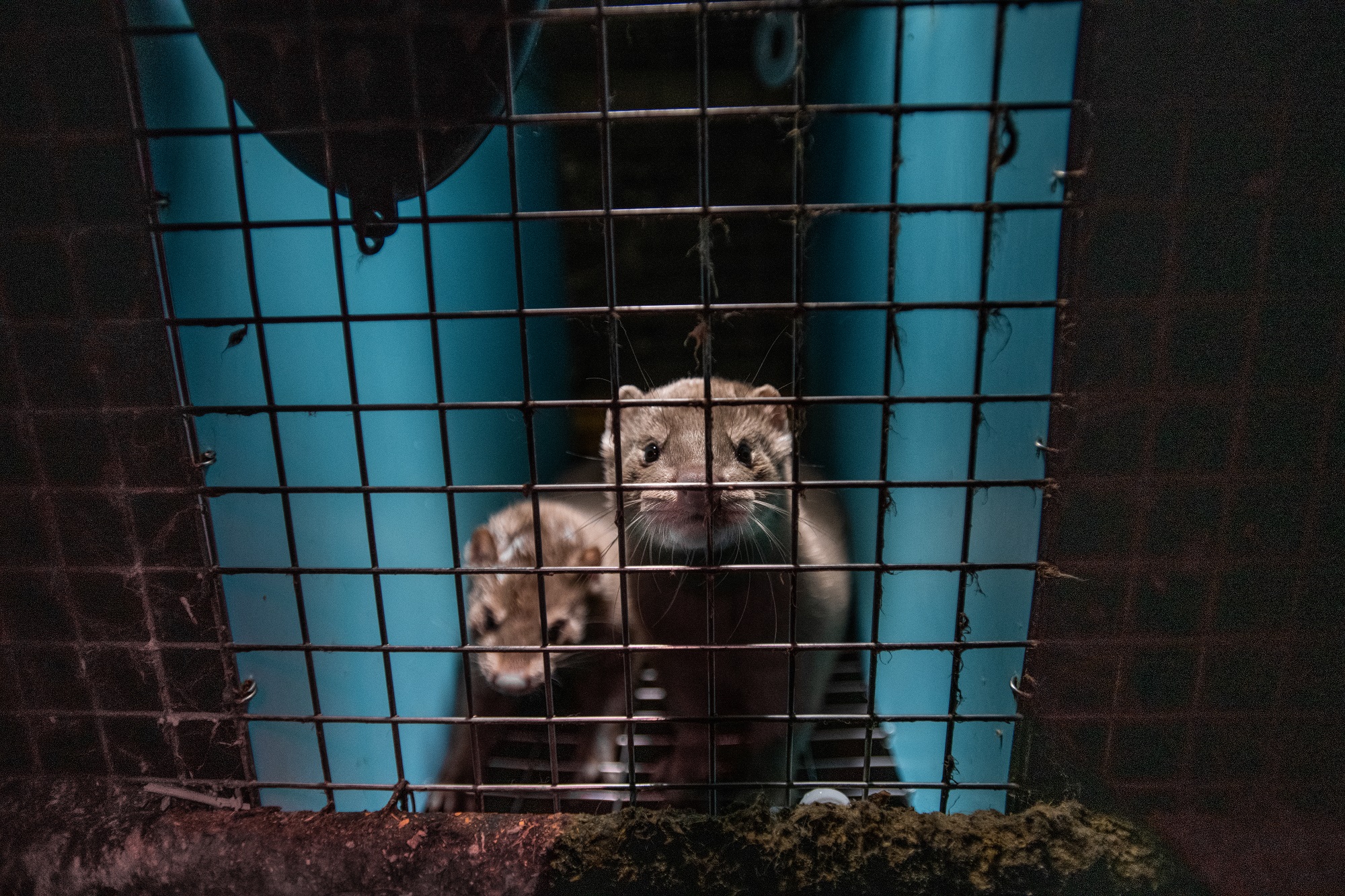Animal Justice is releasing shocking new footage from a trapline on Crown land near Merritt, British Columbia, showing a dead horse being used as bait for a trap designed to kill fur-bearing animals. The footage was apparently recorded in December 2023.
Animal Justice lawyers have filed a legal complaint with the BC SPCA, the BC Conservation Officer Service, and the Canadian Food Inspection Agency, and are calling for an investigation to determine whether any laws were broken.
The video raises serious concerns about the well-being of both the dead horse, and a dead coyote who is seen being dragged away in a sled by the trapper. In response to the complaint, the BC SPCA indicated that it had closed its file, after determining the horse had been purchased, and killed by being shot. It’s not clear from the footage whether the horse was led to the trap first and then shot, or whether the horse was killed elsewhere and transported to be used as bait. The identity of the trapper and whether they are licensed is also unknown.
The video shows a trap being set near the belly of the horse, which appears to be decomposing or partially eaten by predators. This raises additional concerns about leaving the body of a dead horse in the woods, which can attract wolves and other predators that can be a danger to the public. Livestock disposal rules generally require that dead animals be removed by a service or dealt with in specific ways to minimize the potential for environmental contamination, and biosecurity threats.
Commercial trapping is a cruel practice that harms animals like coyotes, foxes, bobcats, and raccoons. Using a horse as bait makes the situation even worse.
Fur Trade Is a Dying Industry
In the fur industry, animals are subjected to heartbreaking suffering in traps and fur farms to be killed for the sake of fashion. Successful public awareness campaigns have led to a steady decline in this brutal trade in recent years.
Many jurisdictions have severely restricted the use of wildlife traps, such as leg-hold traps, conibear traps, and snares. This includes Australia, New Zealand, and US states including California, Massachusetts, and New Jersey.
Numerous countries and jurisdictions worldwide have also banned fur farms—where large numbers of animals, including minks, foxes, and chinchillas are locked in tiny cages, enduring shortened lives of pure misery. Fur farms have been banned in the UK, Netherlands, Norway, Belgium, Luxembourg, Czech Republic, Germany, and more. In 2023, a ban on mink farms took effect in British Columbia after COVID-19 infected workers and minks at several facilities.

Photo: We Animals Media
Shocking new government documents reveal that wolves, bobcats, and lynxes are also being farmed for fur in Canada. These iconic species are not known to be farmed elsewhere in the world.
The global fashion industry is also taking a huge stance against fur. Major brands that have gone fur-free in recent years include Gucci, Versace, The Bay, Michael Kors, Prada, Chanel, and more. Fashion Weeks in London, Amsterdam, and Copenhagen have also ditched fur.
Animal Justice will continue working to peel back the curtain on the hidden horrors of the fur trade and push for laws to protect fur-bearing animals from cruelty. Help end suffering in the fur industry by choosing compassionate, animal-free fashion and by taking action to ban fur farms.
